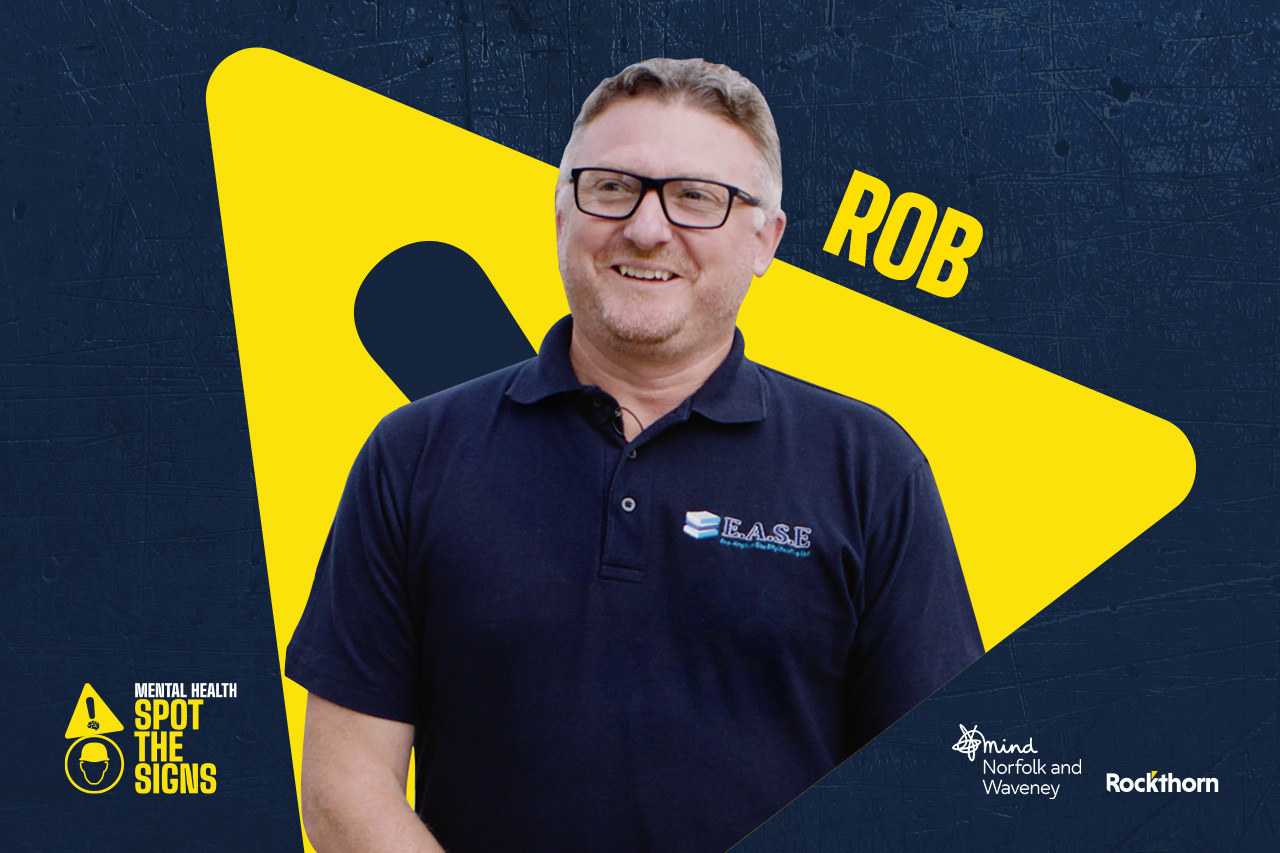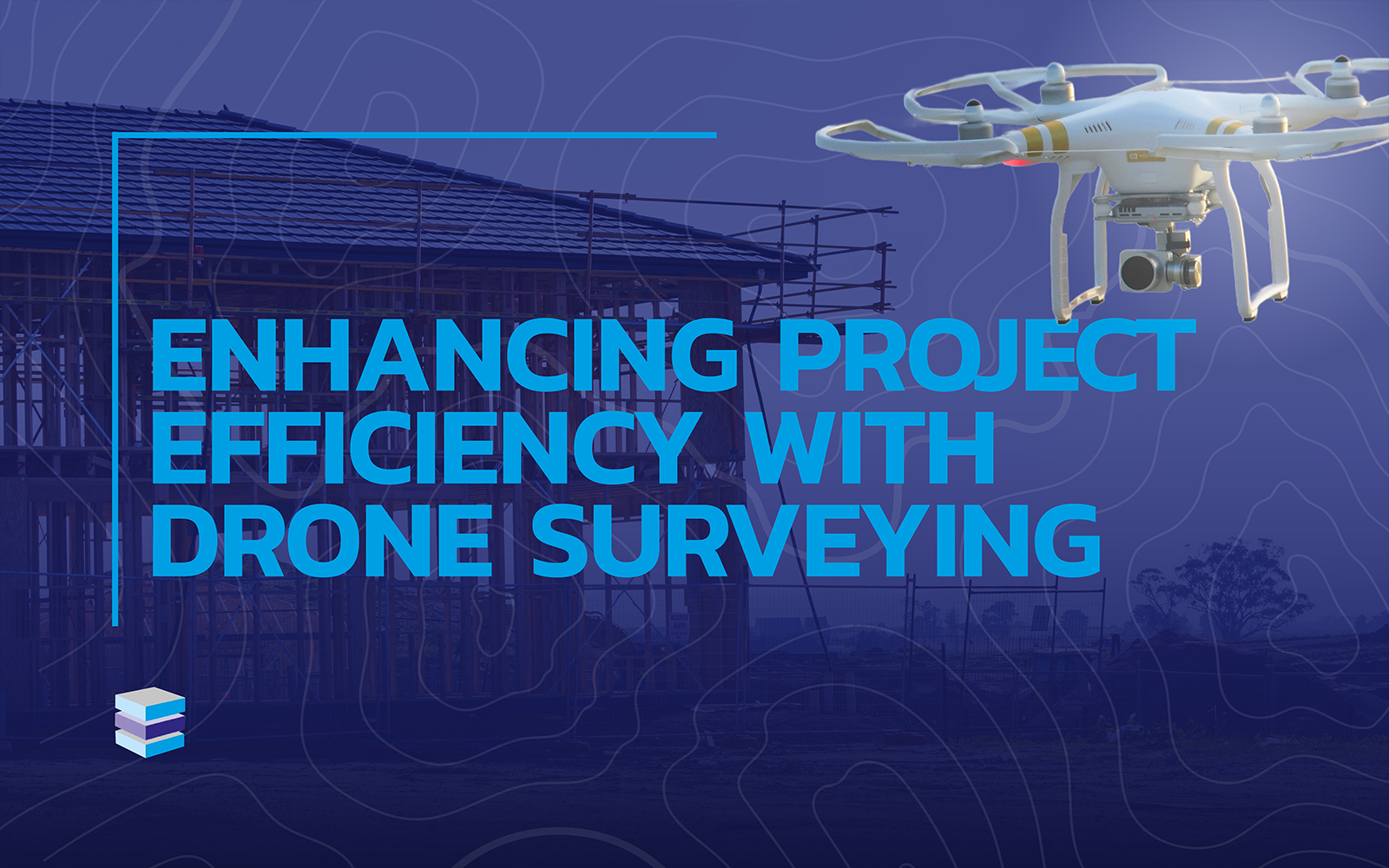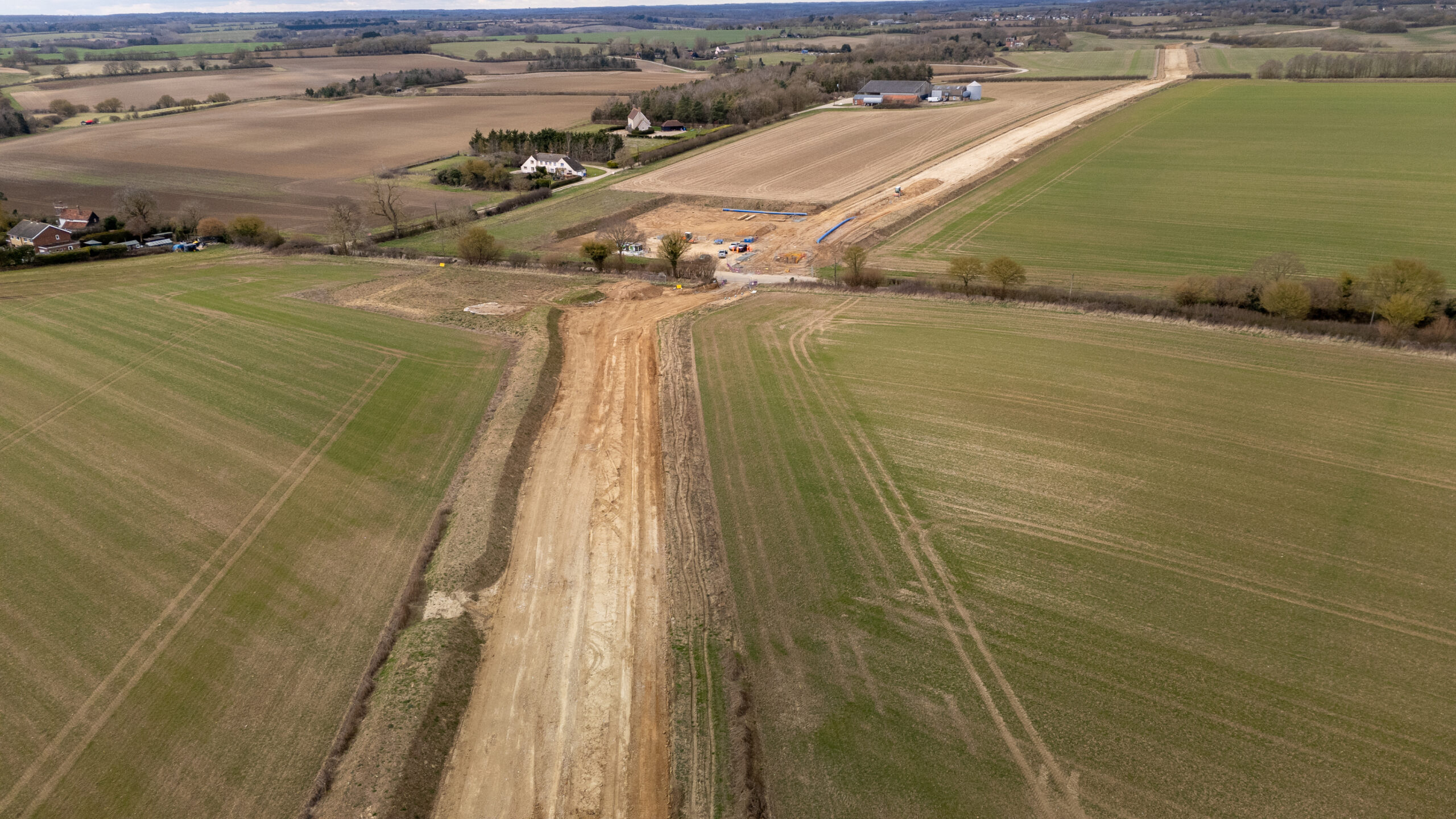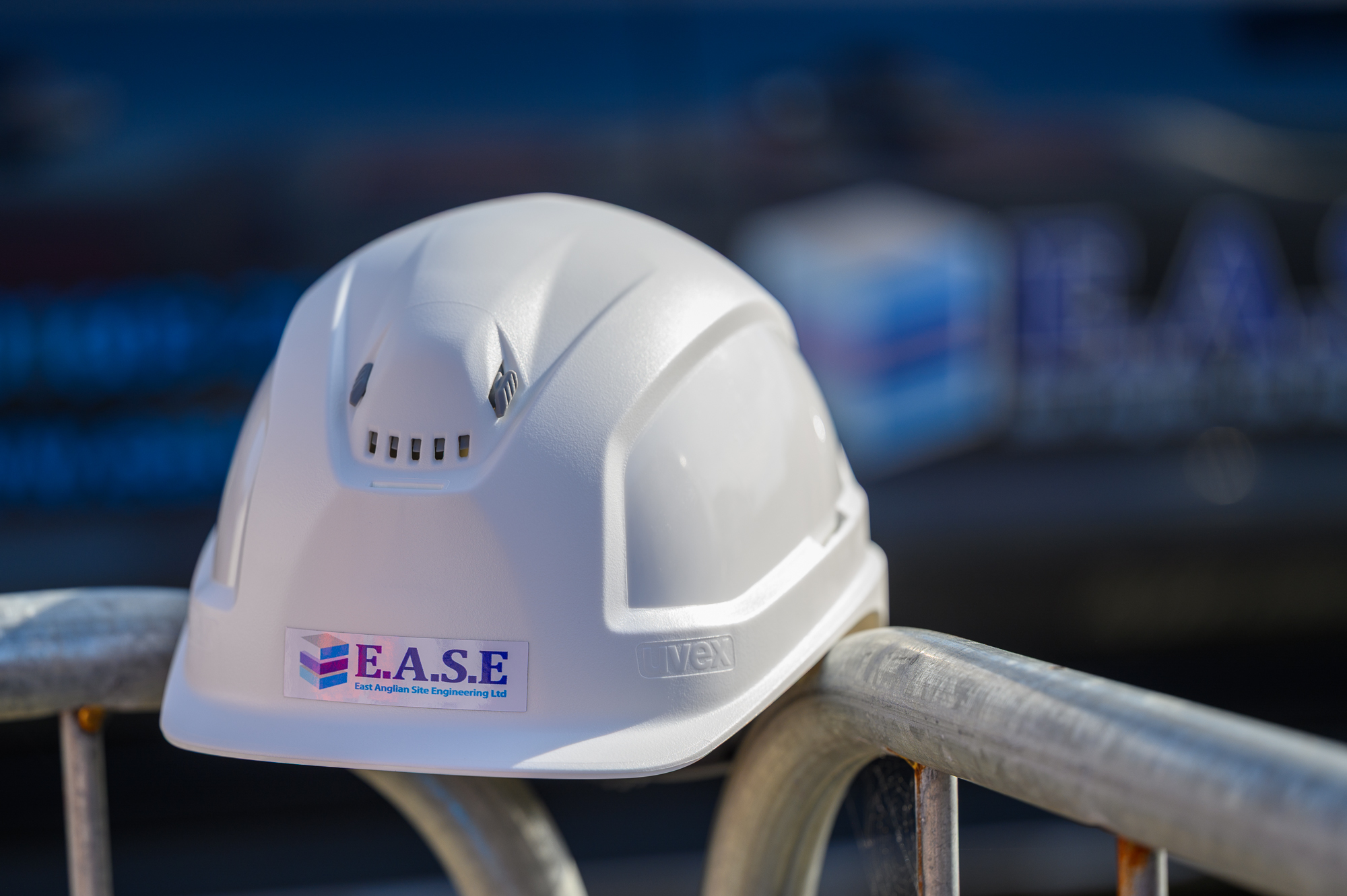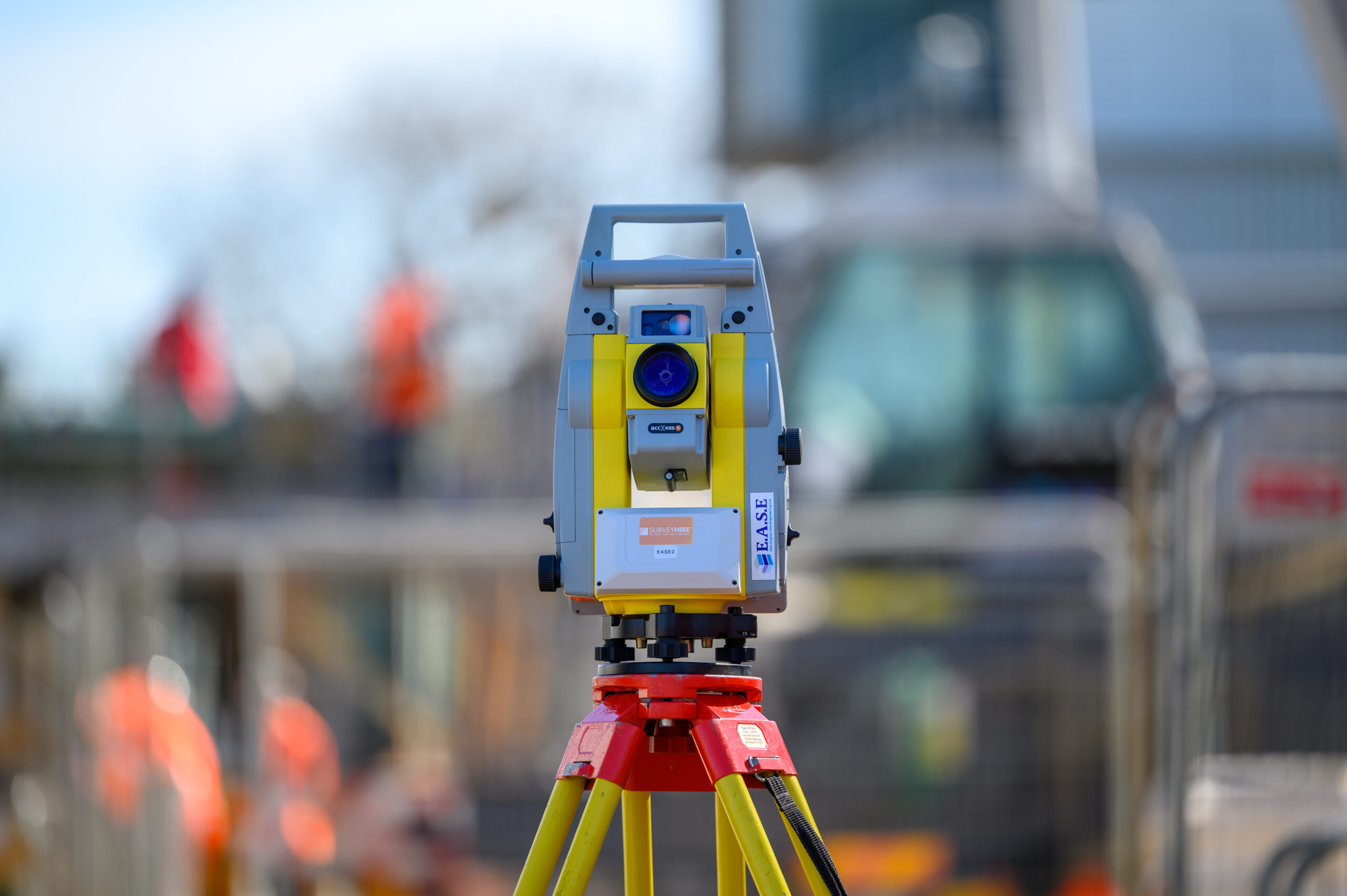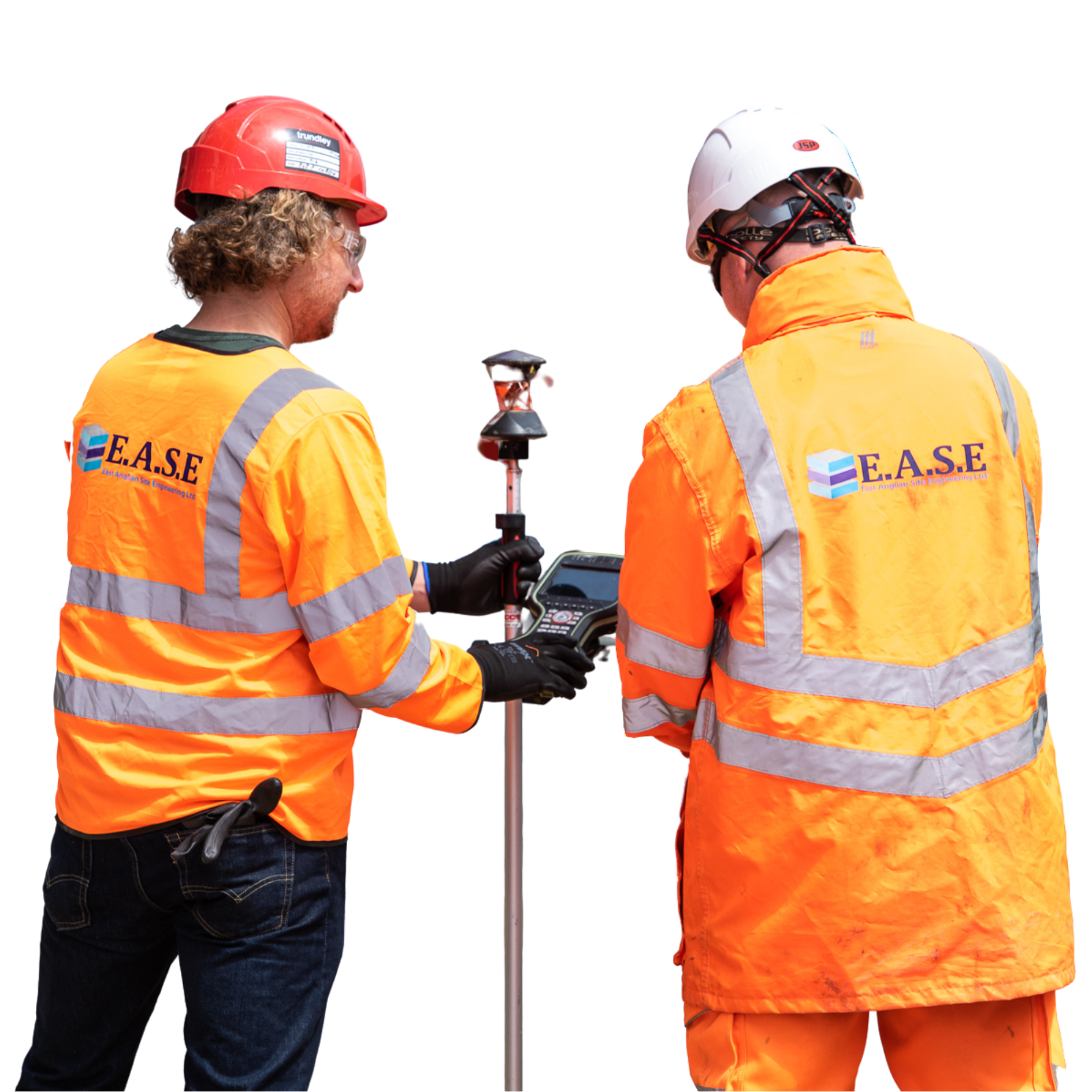For World Mental Health Day 2023, our friends at plant machinery hire and management organisation Rockthorn ran a campaign called ‘Mental Health: Spot the Signs’. With this campaign, their aim was to raise awareness for mental ill health in the construction industry which is a rarely touched upon subject.
Unfortunately, the statistics surrounding poor mental health are staggering when it comes to construction workers. 73% of workers suffer from mental health problems such as anxiety and depression every month, while 2 people working in construction die by suicide every day, over 700 cases a year. These figures are harrowing, showing something needs to be done.
Rockthorn’s ‘Mental Health: Spot the Signs’ campaign
Rockthorn wanted to give the silent sufferers a voice. Their campaign focused on bringing these issues into the light, showing everyone just what is going on and what can be done to help. A sign was created to feature throughout construction sites, outlining the signs of poor mental health to spot in coworkers.
Along with the sign, the campaign created video content to get the message out to the masses. Through a series of interviews, they spoke to several people working within the industry about their views and what they think can happen to improve workers’ mental health.
One of those interviewed was Rob Pinchbeck, a managing director here at E.A.S.E. With 29 years as a managing director in the construction industry, Rob has seen it all. He’s witnessed a lot of the troubles and challenges workers have faced and has observed first-hand how people have suffered in silence beneath the demands of the industry.
The physical nature of the work and the long hours are just some of the pressures that come with working in construction and engineering, which can have a profound impact on workers’ mental health. Rob has experienced many individuals in construction struggle, and was eager to take part in a campaign that he knows supports such a crucial message.
Talking to Rob
In his interview, Rob was honest about his own struggles with mental health. This sort of clarity is important in the construction world, and part of this campaign’s aim is to get workers who may usually keep quiet to speak up about what they’re going through.
This is what Rob had to say:
How have you experienced mental ill health in the industry?
I have witnessed mental ill health in others over the years. Usually signs of disengagement, agitation, lacking enthusiasm or energy. I have also experienced mental ill health myself with all of the above symptoms.
Can you tell me about a challenging experience you’ve faced with mental ill health?
I became aware of a change within myself. I had become anxious and stressed and found it difficult to focus.
I was persuaded to go and speak to someone about it on a weekly basis. This process helped immeasurably and it transpired that the issues were not only work-related but also related to my personal life. I had been shutting the door on any stressful situation for years and the room behind the door had become too full to cope.
Seeking help enabled me to deal with the past and also any new stressful situations head-on. Understanding how and why your mind deals with these situations in the way it does is key to controlling the issue before it has the time to manifest.
What needs to change?
Things need to change in the construction and engineering industry to raise more awareness and acceptance of mental health. When asked, Rob stated that he’d like to see mandatory courses for mental health and wellbeing, along with mental health ambassadors appointed within the workforce.
“The stigma and taboo need to change. No one should feel embarrassed or ashamed if they are struggling,” said Rob in his interview. “We are all human and all of us go through tough periods in our lives.” This could not be more true. The more we come to accept these struggles happen more than we think, the more open people will become to having honest conversations with each other freely.
A simple conversation can make a world of difference. This industry is so often clouded by forced masculinity that many feel unable to open up through fear of being ridiculed. It is our duty to make sure others feel safe and respected to talk about their feelings, sometimes by doing it ourselves.
At E.A.S.E, we are committed to not only keeping staff on site safe, but also healthy, and that includes mentally. We strongly support the mental health movement within the industry and believe that more steps should be taken to lower the shocking statistics affecting our workplaces. Rockthorn’s campaign is a great example of one of those steps, and we were very happy to be able to take part in and support it to try and make this industry a better place for those struggling.


